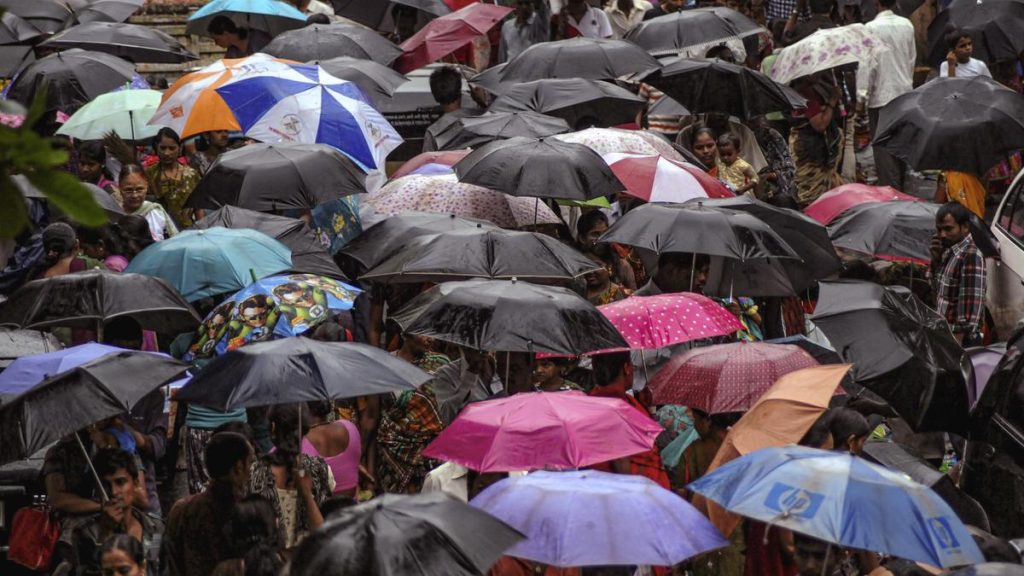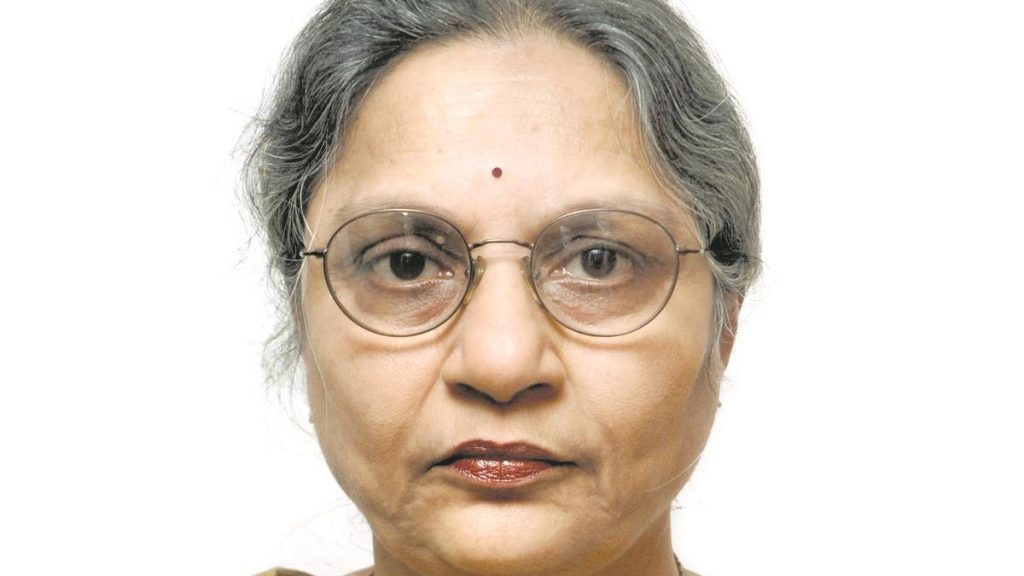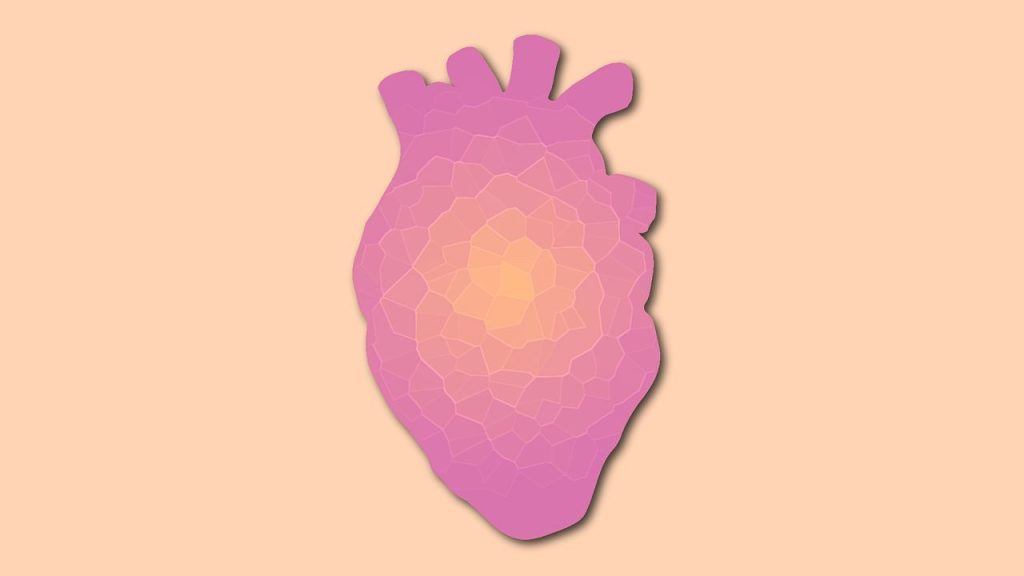Now Reading: Identifying ADHD Misinformation on TikTok
-
01
Identifying ADHD Misinformation on TikTok
Identifying ADHD Misinformation on TikTok

Quick summary
- TikTok has become a popular platform for sharing information about ADHD, often through personal anecdotes and experiences.
- A study published in PLOS ONE reviewed teh top 100 #ADHD videos on TikTok, finding that:
– 50.6% of claims about symptoms did not align with ADHD’s core diagnostic criteria.
– 55.6% of treatment-related claims lacked empirical support.
- Frequently cited “symptoms” often reflected normal human experiences, such as having a sweet tooth or frequently bumping into furniture.
- Only 4% of videos acknowledged symptom individuality or clarified that not everyone with ADHD shares the same traits.
- Half of the creators were seen soliciting donations or selling products such as fidget spinners or workbooks,which could influence content quality and intent.
- Mental health experts attribute reliance on social media to high costs and limited accessibility associated with professional diagnoses and treatments.
- historical biases in ADHD diagnostics (primarily developed for white male children) have contributed to underdiagnosis among women and people of color.
Indian Opinion Analysis
This study highlights significant concerns around the reliability of mental health content shared on platforms like TikTok. For India-where access to affordable mental health services remains constrained-similar issues may surface if individuals increasingly turn to social media for guidance rather than certified professionals. While platforms can democratize information sharing, misinformation risks creating false self-diagnoses or fueling unnecessary anxiety among users.
India’s healthcare policymakers might consider this an significant opportunity to invest more in accessible telehealth mental care services while promoting awareness campaigns around critical thinking when consuming online health content. Ensuring equitable attention across gender, socioeconomic status, and marginalized groups is vital as well-the systemic bias noted in global studies may also resonate within India’s diverse population structure.




























